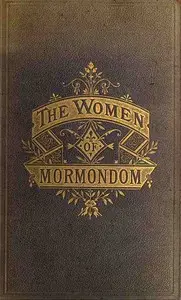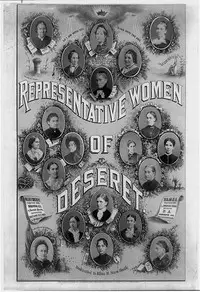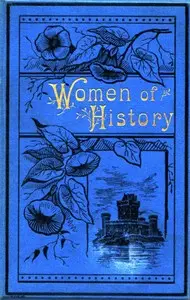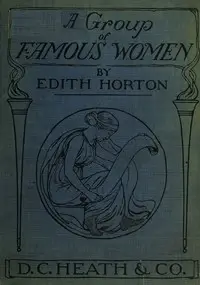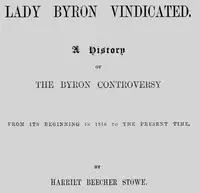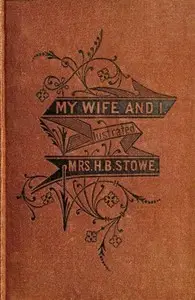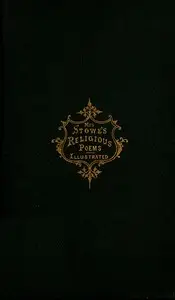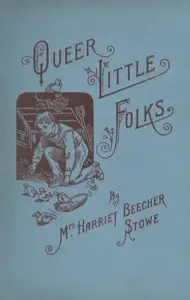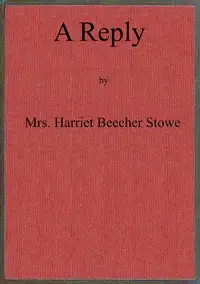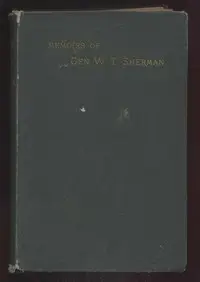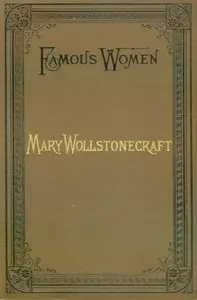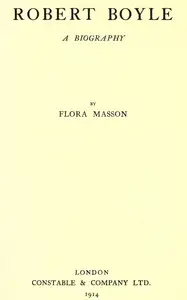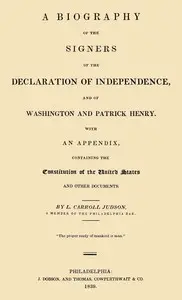"Woman in Sacred History" by Harriet Beecher Stowe is a collection of stories that looks at the lives of important women from the Bible. The author reconstructs the historical, scriptural, and even legendary aspects of these women to show the growth of women and how they fit into spiritual and cultural ideas. The author's goal, as she states in the book's debut, is to map out the heritage of womanhood and their important roles in the narrative of the Jewish people. The book starts by exploring women from early times, such as Sarah, Hagar, and Rebekah. This gives the reader insight into the intricacies of their relationships with men as well as their own strength and experiences. The author emphasizes their key roles and how their choices helped form the story of women’s roles in divine heritage, using personal stories and examples of divine direction.
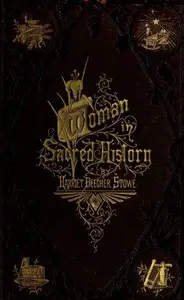
Woman in Sacred History A Series of Sketches Drawn from Scriptural, Historical, and Legendary Sources
By Harriet Beecher Stowe
Explore the strength, challenges, and unforgettable legacies of women who shaped ancient spiritual history.
Summary
About the AuthorHarriet Elisabeth Beecher Stowe was an American author and abolitionist. She came from the religious Beecher family and wrote the popular novel Uncle Tom's Cabin (1852), which depicts the harsh conditions experienced by enslaved African Americans. The book reached an audience of millions as a novel and play, and became influential in the United States and in Great Britain, energizing anti-slavery forces in the American North, while provoking widespread anger in the South. Stowe wrote 30 books, including novels, three travel memoirs, and collections of articles and letters. She was influential both for her writings as well as for her public stances and debates on social issues of the day.
Harriet Elisabeth Beecher Stowe was an American author and abolitionist. She came from the religious Beecher family and wrote the popular novel Uncle Tom's Cabin (1852), which depicts the harsh conditions experienced by enslaved African Americans. The book reached an audience of millions as a novel and play, and became influential in the United States and in Great Britain, energizing anti-slavery forces in the American North, while provoking widespread anger in the South. Stowe wrote 30 books, including novels, three travel memoirs, and collections of articles and letters. She was influential both for her writings as well as for her public stances and debates on social issues of the day.

